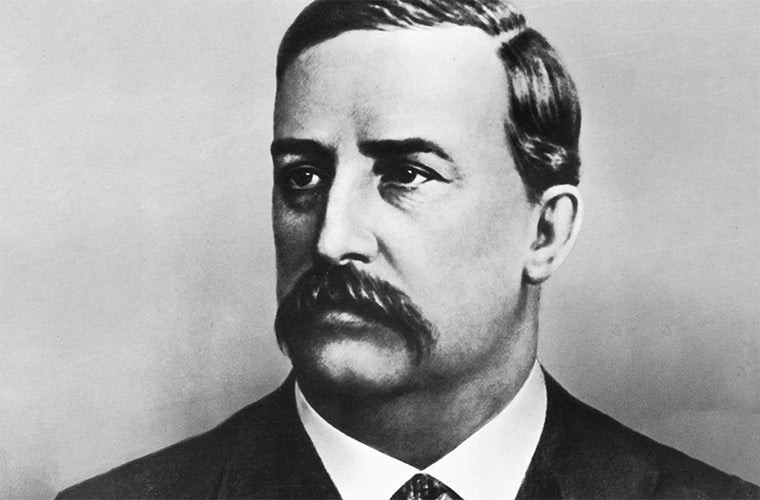
Alexander Borodin led an extraordinary double life that few could imagine - by day, he was an accomplished chemistry professor conducting groundbreaking research, and by night, he transformed into one of Russia's most celebrated classical composers. His remarkable story reveals how he masterfully balanced these two seemingly opposite worlds.
Born in 1833 in St. Petersburg, Borodin emerged during a golden age of Russian classical music alongside contemporaries like Tchaikovsky and Rimsky-Korsakov. But unlike his peers who devoted themselves solely to music, Borodin pursued an entirely different path in chemistry, becoming a respected professor at the Imperial Medical Academy.
The demanding nature of both careers meant Borodin had to compose music in stolen moments - during brief breaks between lectures or late at night after his academic duties were complete. "I have no time to devote to composing; it must go in fits and starts," he once remarked about his unusual creative process.
Yet this unconventional approach yielded masterpieces that still captivate audiences today. His opera 'Prince Igor' showcases rich orchestration and emotional depth, while 'In the Steppes of Central Asia' paints a vivid musical portrait of Russia's vast landscapes. These works reveal how Borodin's scientific mind influenced his precise, structured approach to composition.
His background in chemistry shaped his musical style in fascinating ways. Just as he combined chemical elements in the laboratory, Borodin expertly blended traditional Russian folk melodies with Western classical forms to create his distinctive sound. The meticulous attention to detail required in his scientific work carried over into his carefully crafted musical arrangements.
As a member of the 'Mighty Handful' - a group of composers dedicated to developing a uniquely Russian classical style - Borodin helped forge a new national musical identity. His innovative compositions broke free from European conventions while maintaining technical brilliance.
The story of this renaissance man continues to inspire those who feel pulled between different passions. Borodin proved that embracing multiple callings can lead to extraordinary creative achievements. His legacy shows how seemingly opposite pursuits can enrich and complement each other in unexpected ways.
Behind every sweeping melody and intricate harmony in Borodin's music lies the fascinating tale of a brilliant mind that found beauty in both art and science. His compositions offer a window into the soul of a man who refused to be defined by a single calling, instead weaving his diverse experiences into timeless musical masterpieces that still move audiences nearly two centuries later.
None of the provided links were contextually relevant enough to include in this article about Alexander Borodin. The links were about guitar fretboards, The Killers band, and divorced dad rock songs, which don't relate directly to the content about this classical composer.